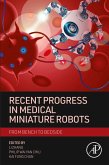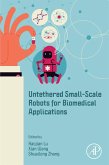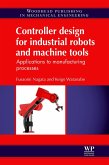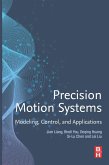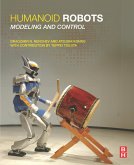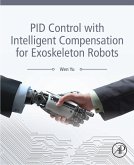The book is designed for students and educators who need a detailed description, mathematical analysis, design solutions, engineering drawings, electric circuits and software coding for the design and construction of real bench-top working robots.
- Provides detailed instructions for the building and construction of specialized robots using line drawings
- Teaches students how to make real working robots with direct meaning in the engineering academic world
- Describes and explains the math and physics theory related to hitting, throwing and shooting robots
Dieser Download kann aus rechtlichen Gründen nur mit Rechnungsadresse in A, B, BG, CY, CZ, D, DK, EW, E, FIN, F, GR, HR, H, IRL, I, LT, L, LR, M, NL, PL, P, R, S, SLO, SK ausgeliefert werden.



